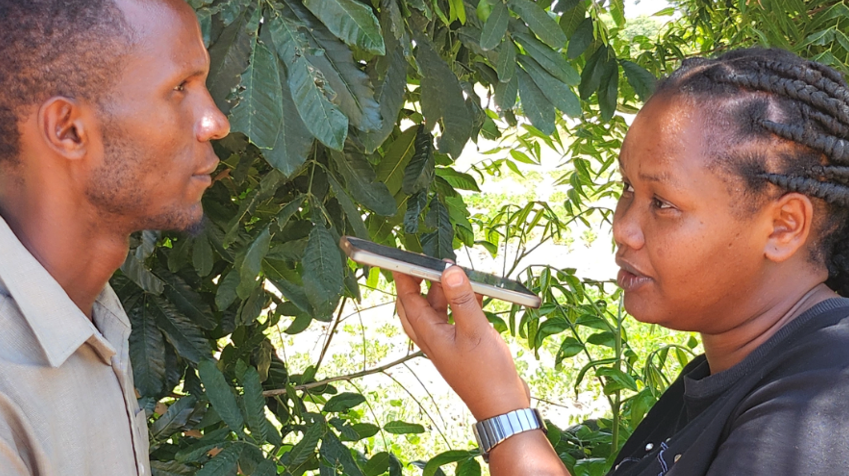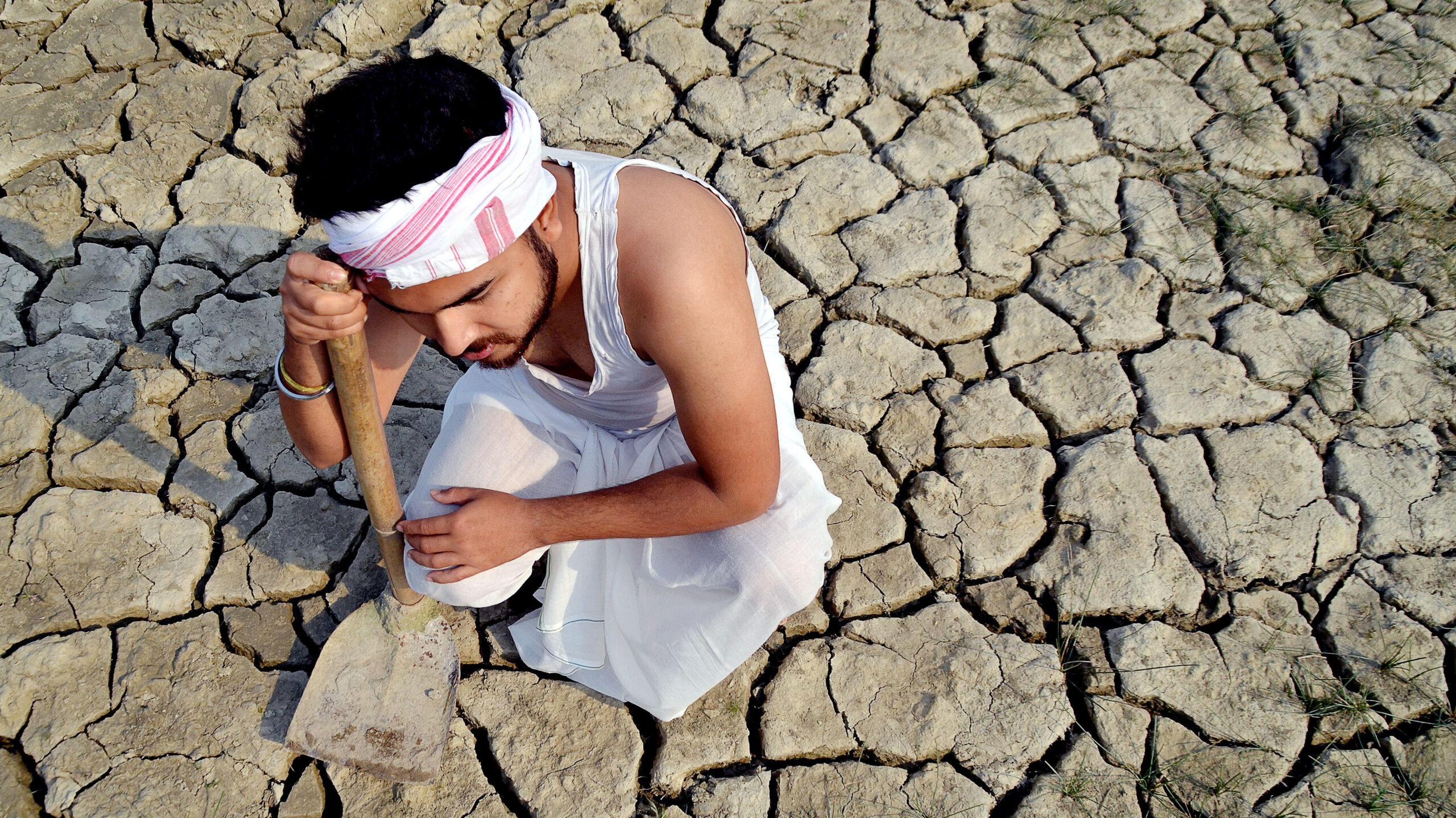The following post by Kerri Wright Platais, Program Head, Scientific and Technical Partnerships in Africa was originally published on ASTI News and Notes.
New work is underway to develop stronger integration between partnerships and technical research and analysis in support of the next phase of the Comprehensive Africa Agriculture Development Programme (CAADP) – and specifically the CGIAR response to and support for the Science Agenda for Agriculture in Africa (S3A). Efforts for this new activity build on the strengths of on-going work of programs such as ASTI, HarvestChoice, ReSAKSS and Africa Rising to strengthen increased engagement in the larger science and technology landscape. This includes developing the tools, technologies and delivery systems necessary to make progress on the targets and goals for CAADP’s next phase of implementation.
A meeting was organized and hosted by the new IFPRI-based S&T Partnerships in Africa team on behalf of the CGIAR Consortium, and held in Washington, D.C. on September 29 and 30, 2014. Entitled Support of Scientific and Technical Partnerships in Africa, the meeting aimed to activate the implementation of the Memorandum of Understanding (MoU) between the African Union Commission (AUC) and the CGIAR Consortium. In attendance were over 30 partners from the African research for development institutions, development partners and colleagues from CGIAR Research Programs (CRPs) and Centers.
Building on the good progress made over the past few years on the CGIAR alignment to CAADP, initiated through the Dublin Process, the next step is to develop activities in support of targets and goals listed in the Malabo Declaration to deliver on the next phase of CAADP in Africa.
The two-day meeting addressed three main topics:
- How CGIAR will respond to and support the implementation of the Malabo Declaration through supporting the S3A, which has been led by FARA over the past year and will be launched formally in Johannesburg in November;
- The role new technologies and virtual technology platforms will play in the delivery of the Science Agenda, and how to conduct the collaboration between CGIAR, FARA and the SROs to deliver, and;
- In follow-up to the Climate Summit held that week in New York City, a session was held to discuss how the AUC and CGIAR, including CCAFS and others, will come together to deliver on the technical research and implementation at the country level on Climate Smart Agriculture. Working with ASTI and several other key partners, we will expand our reach to a wide array of partner programs and institutions and help “connect the dots” by creating new ways of sharing information, communications and research among partners, and finding innovative ways to move together to address country-led priorities to tackle poverty and hunger.
Contributed by Kerri Wright Platais, Program Head, Scientific and Technical Partnerships in Africa Email: k.w.platais@cgiar.org
For further information see:







